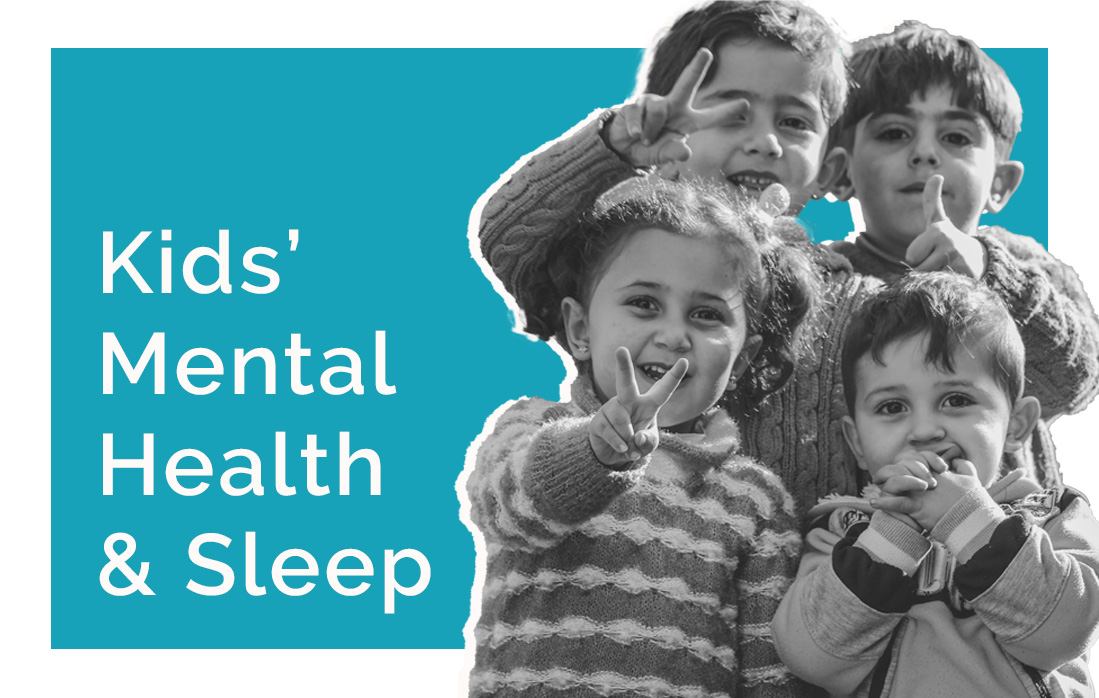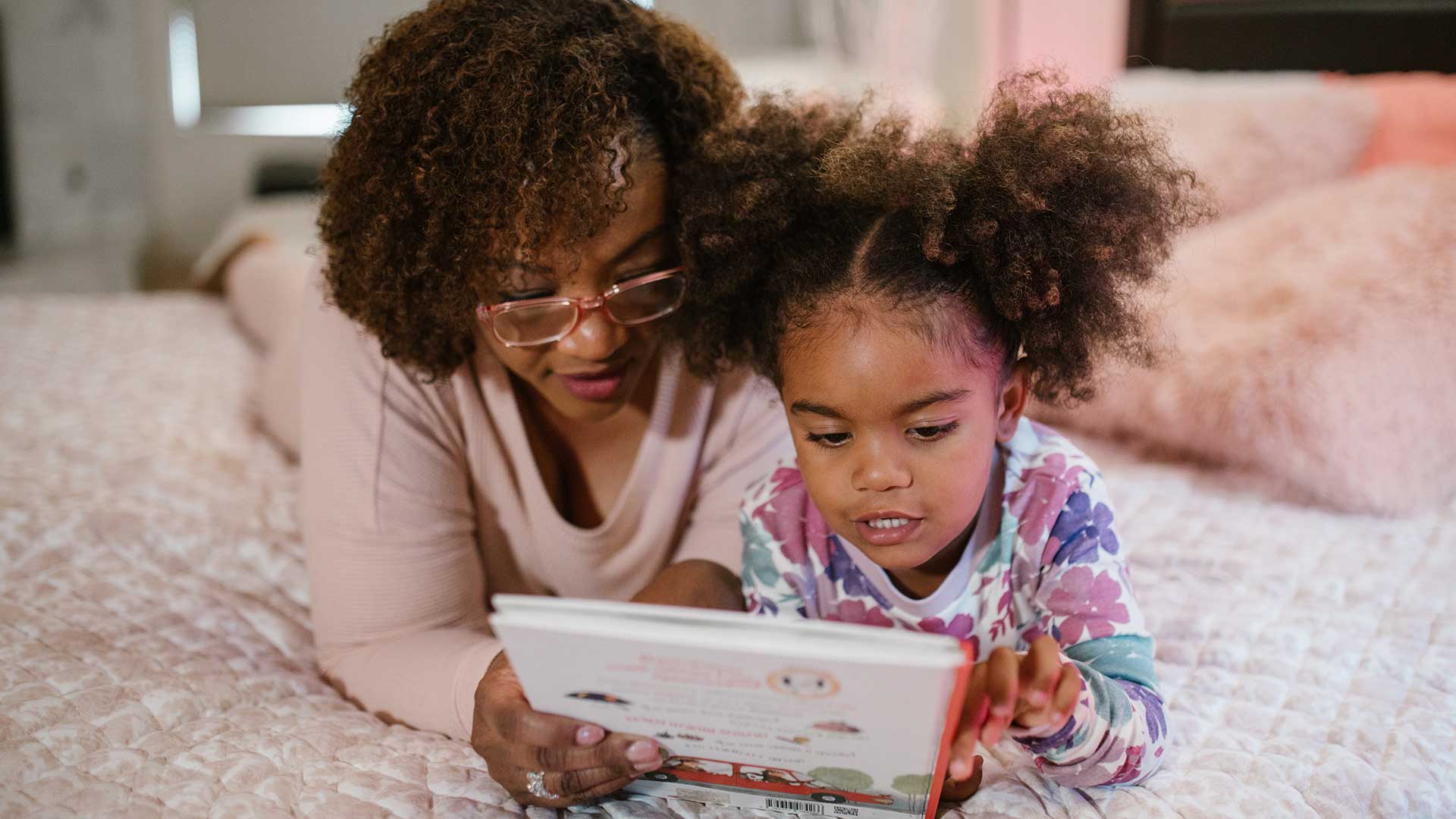
If you are a parent, you’ve had your own sleepless nights worrying about your kid, from their health and social lives, to their futures, and everything in between. But, new research gives parents a concrete strategy for intervening if physical or mental health issues are a concern, especially if sleep problems may be a contributing factor. Early intervention has been shown to be of utmost importance, not allowing months and years to pass before sleep issues are addressed, especially when they might play a role in everything from obesity to maturation.
The most recent review, written by faculty of medicine at the Hebrew University of Jerusalem in Israel, sheds light on the importance of sleep for children’s overall health. (1) The review identifies several sleep disorders that children can have–just like adults. These include OSA, night terrors, circadian rhythm disorders, insomnia and restless leg syndrome. According to the review, children with “poor sleep quality and short sleep duration predisposes to weight gain and obesity.” And obesity can increase children’s risk for OSA.
Children can struggle with sleep disturbances the same way adults can. Early monitoring and early intervention is important to minimize the impacts of sleep-related disorders. According to the review, “promoting healthy sleep habits is key to preventing and managing sleep disorders in pediatric patients.
Establishing consistent sleep routines, creating a conducive sleep environment, and promoting good sleep hygiene practices are essential for optimizing sleep quality and duration in children. By prioritizing sleep health, identifying, and addressing sleep disorders promptly, and implementing comprehensive care strategies, pediatricians can enhance the overall well‐being and development of children.”
So, what does this mean for parents? Likely it will involve two steps — identifying what types of sleep concerns you have about your children, and working with their medical team to see how they might be impacting physical and mental health concerns. From there, physicians might advise a variety of medical or holistic interventions to try to improve sleep quality and quantity, with an eye on how it could improve those additional conditions.
Parents can start by assessing how much sleep their child really needs, and if they are close to getting that, or far from it like many kids. Then, they can consider their children’s bedtime routines, and sleep hygiene. Some research has shown that reading to your kids at night leads to better sleep for everyone in the house, not just them, for example.
But mainly, researchers are encouraging parents and medical teams to not hesitate or wait too long when it comes to treating sleep conditions, such as insomnia or sleep apnea, which can have a direct impact on other conditions. Their brain development, physical health, and future that parents worry about deep into the night quite literally depend on it.

How Does Keto Affect Sleep?

How Micronutrients, Vitamins and Minerals Affect Sleep

A Complete Guide to Kids’ Mental Health and Sleep

A Parent’s Guide to Melatonin for Kids
Sources
1. Cohen, Yogev; Reiter, Joel; Gileles‐Hillel, Alex; “Sleep‐related disorders in children: A narrative review,” Pediatric Discovery; https://onlinelibrary.wiley.com/doi/pdf/10.1002/pdi3.76; January 15, 2024.